The word ‘arsenal‘ — in the sense of navy docks and shipyards in general — originates from Arabic, but came to Europe through the Venetian language.
The Arabic word is دار الصناعة (dār al-ṣināʿa), which means a work shop or a building site.
Venetian trade always went east to the Levant, and with material imports often came cultural and linguistic imports.
For the Venetians the Arabic expression became arzanà or arsenal, a shipyard and in particular the state run navy shipyard in Venice, and darsena, a water surface for mooring boats, a harbour for small boats.
The Venetian Arsenal
Venice was already an important naval force in the Adriatic in the 800s and 900s, and its power grew in the following centuries.
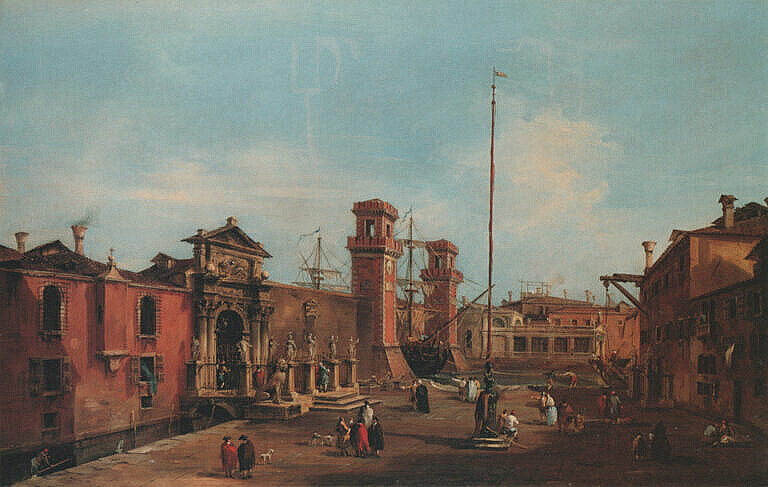
With the Fourth Crusade in the early 1200s Venice was powerful enough to take on and defeat the Roman Empire and sack Constantinople.
In the earliest period Venice built warships in the many private shipyards that dotted the periphery of city for much of its history. However, in 1104 that was no longer sufficient for the needs of the state, and they built the first Arsenal in 1104.
Over the next many centuries the arsenal grew, until it covered almost a sixth of the surface of the city.
Dante and the Divine Comedy
The Venetian arsenal was already famous in the early 1300s, and Dante Alighieri used the imagery of the crowded, noisy and smelly navy docks to conjure up a sense of inferno.
From the Divina Commedia, Inferno, XXI, vv. 7-18:
«Quale nell’arzanà de’ Viniziani
bolle l’inverno la tenace pece
a rimpalmare i legni lor non sani,
ché navicar non ponno – in quella vece
chi fa suo legno nuovo e chi ristoppa
le coste a quel che più vïaggi fece;
chi ribatte da proda e chi da poppa;
altri fa remi e altri volge sarte;
chi terzeruolo e artimon rintoppa -;
tal, non per foco ma per divin’ arte,
bollia là giuso una pegola spessa,
che ‘nviscava la ripa d’ogne parte.»
And just such sticky pitch as that which boils
in the Venetians’ Arsenal in winter,
for calking up again the unsound ships,
which cannot then be sailed; — instead of which,
as one a new one builds, one plugs the ribs
of that which many voyages has made;
one hammers at the stern, and at the prow another;
one fashions oars, another cordage twists,
while still another mends a jib or mainsail; —
such was the coarse, dense pitch, which, not by fire,
but by an art divine, boiled there below,
and limed the bank on every side.
English translation: Online Library of Liberty.
Exporting the arsenal
Just like with the Lazzaretti protecting Venice from the black plague, other cities and states saw what Venice did, and copied.
The Venetians themselves established an Arsenal in Constantinople in the 1200s, and used it to keep a navy on the Black Sea to protect their trade routers towards the Crimea and the Sea of Azov.
Other names copied too, and with the concept of a navy arsenal or armoury, the word travelled with the idea — like with the lazzaretti.
This way the word made it into French and from there into English, and likewise into many other languages. There’s a Kremlin arsenal in Moscow, and an Imperial Arsenal (based on the Venetian and Genoese structures) in Istanbul.
As an example of how words travel and change, the main Ukrainian book fair is called the Book Arsenal, and it is held in what was once a military armoury in Kyiv.
More about Venetian words
Venetian words that are still in common use include arsenal, ballot, ciao, ghetto, lazzaretto, and quarantine.

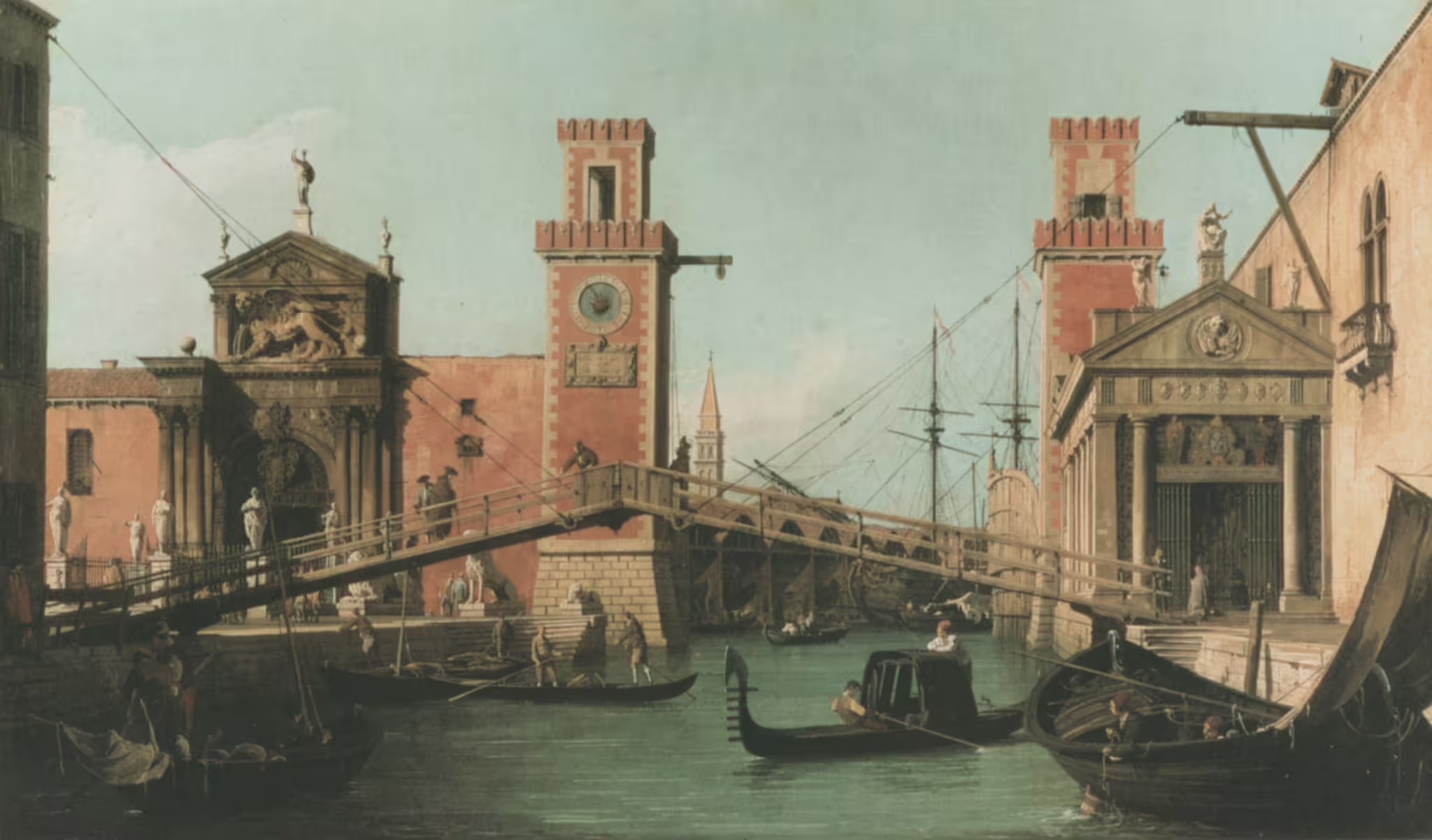
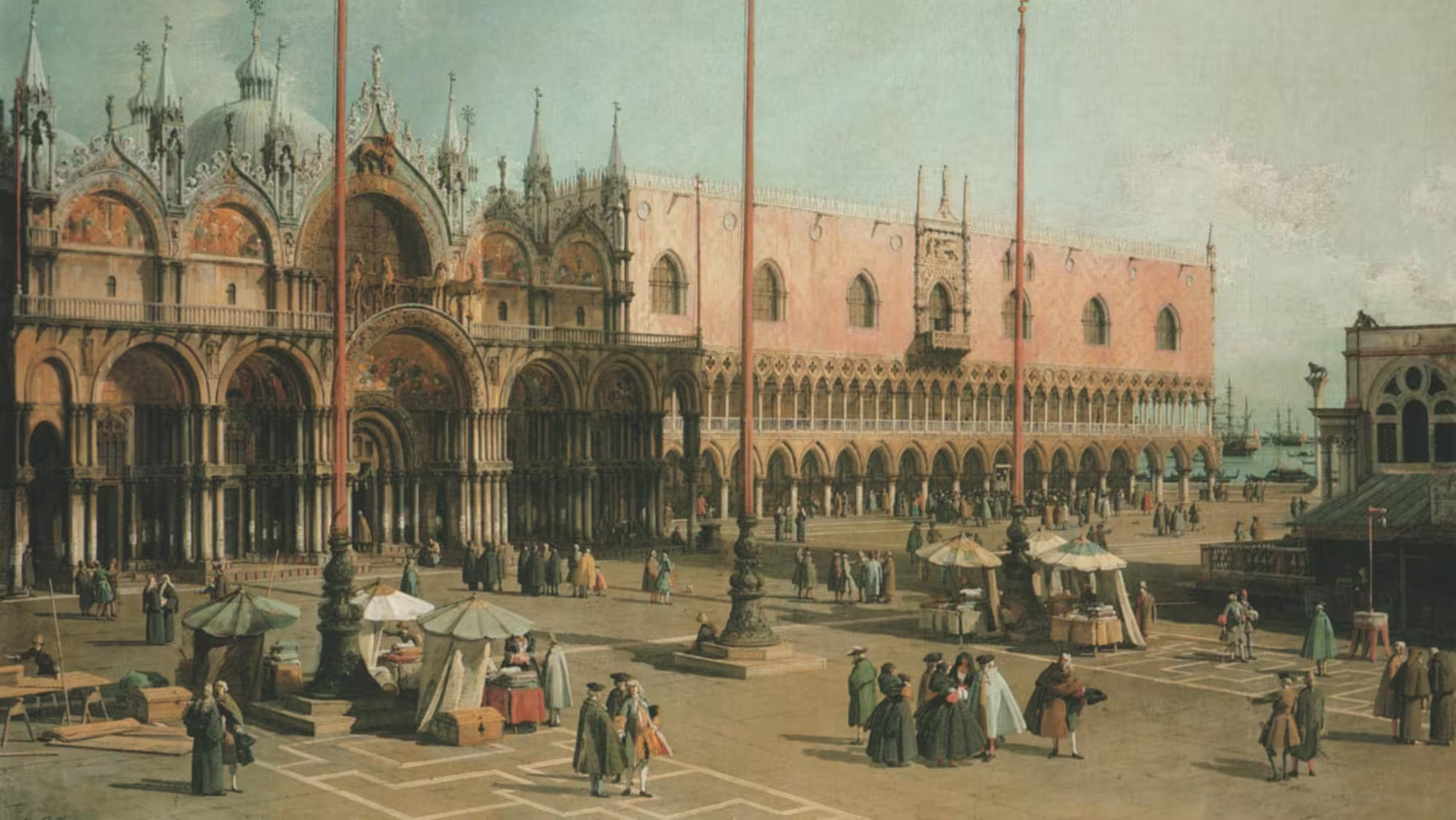
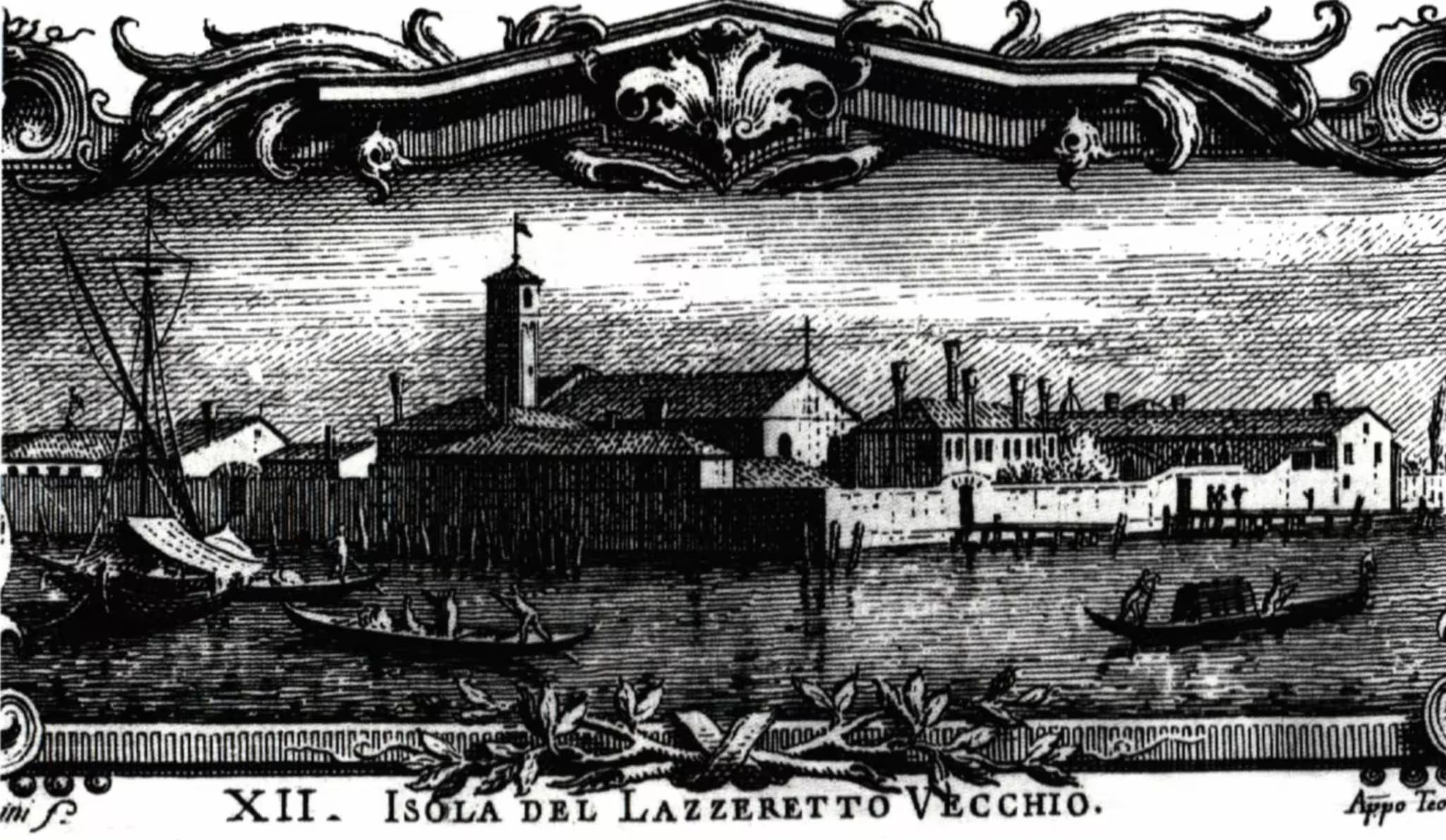
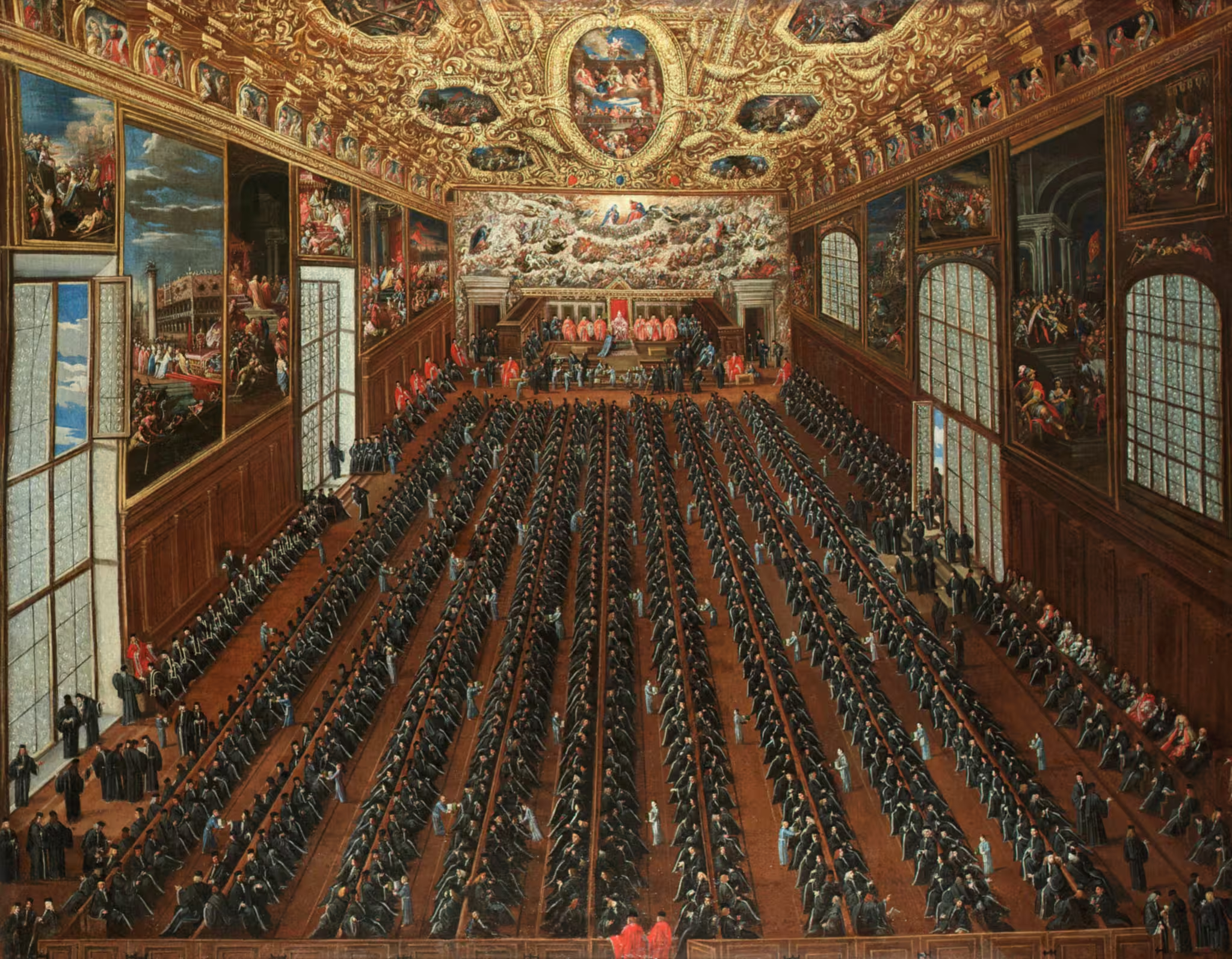
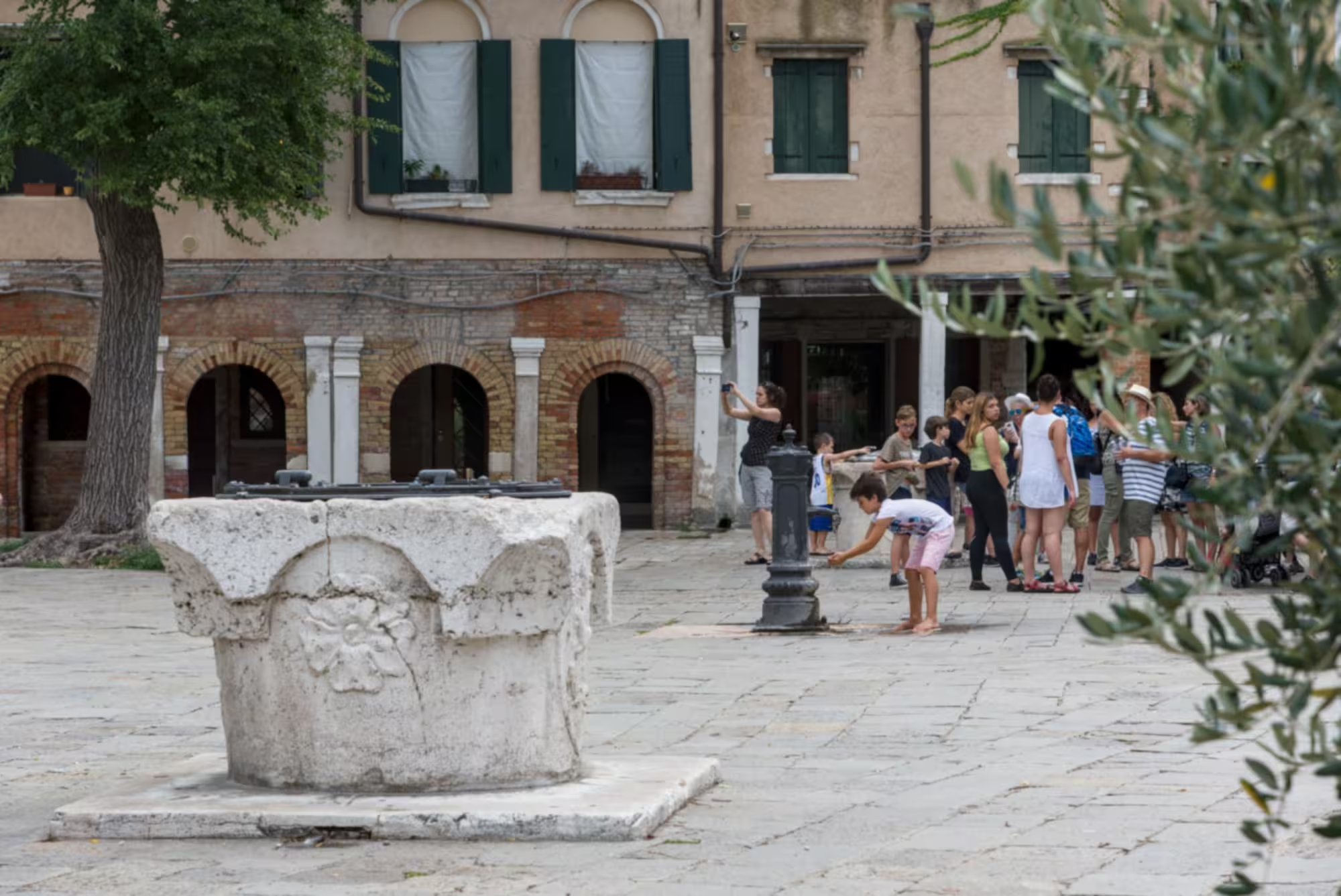
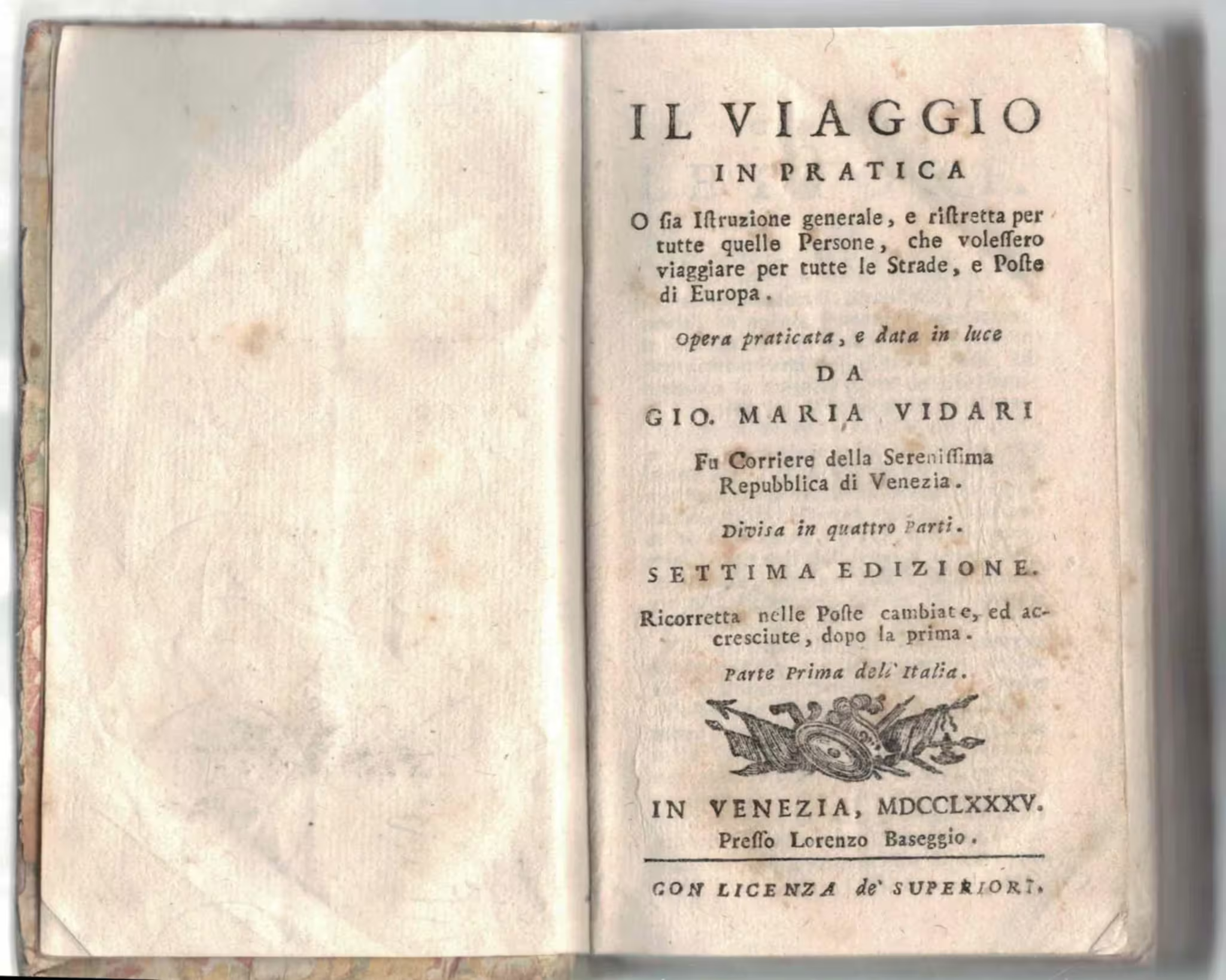
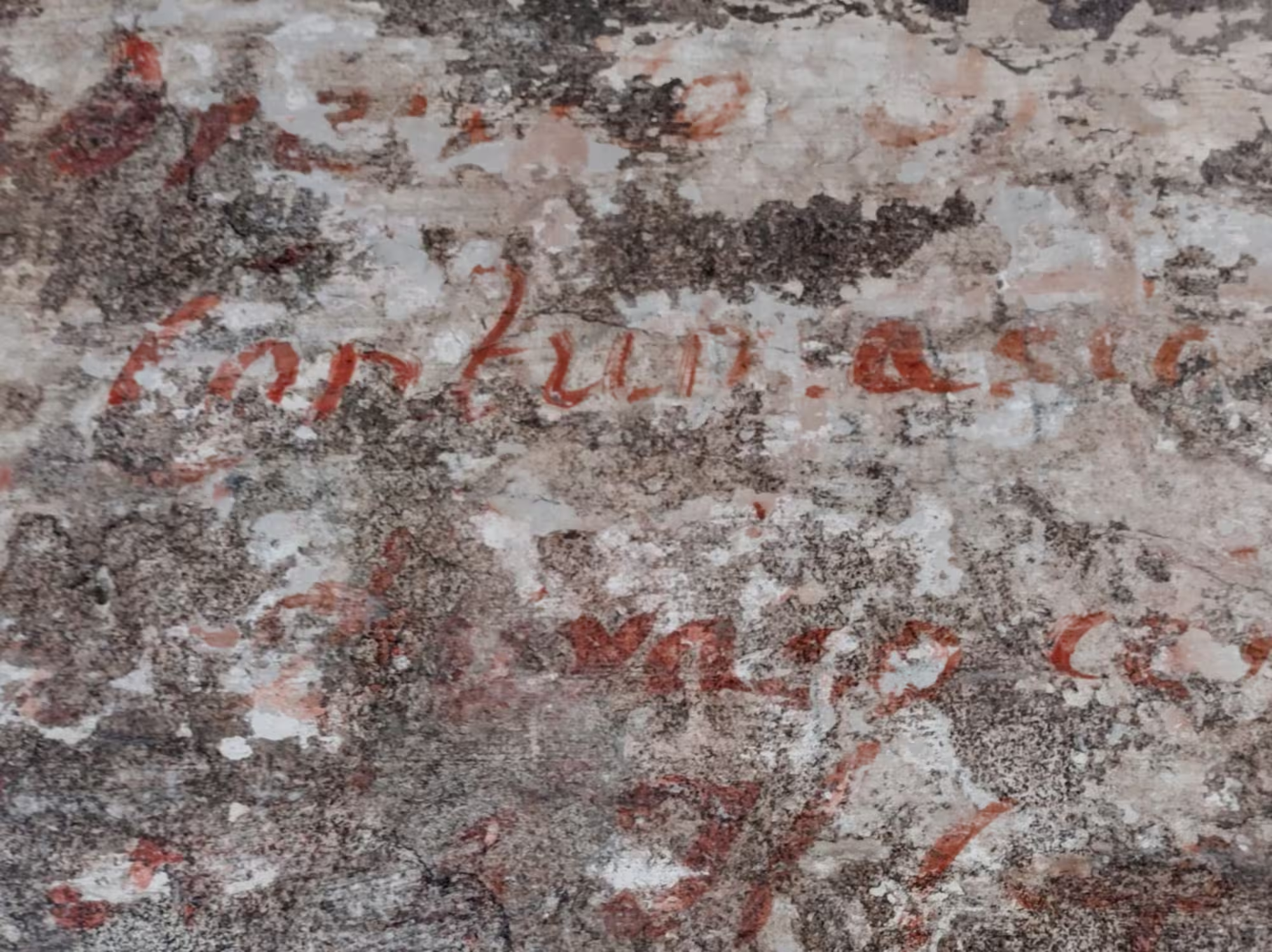
Leave a Reply